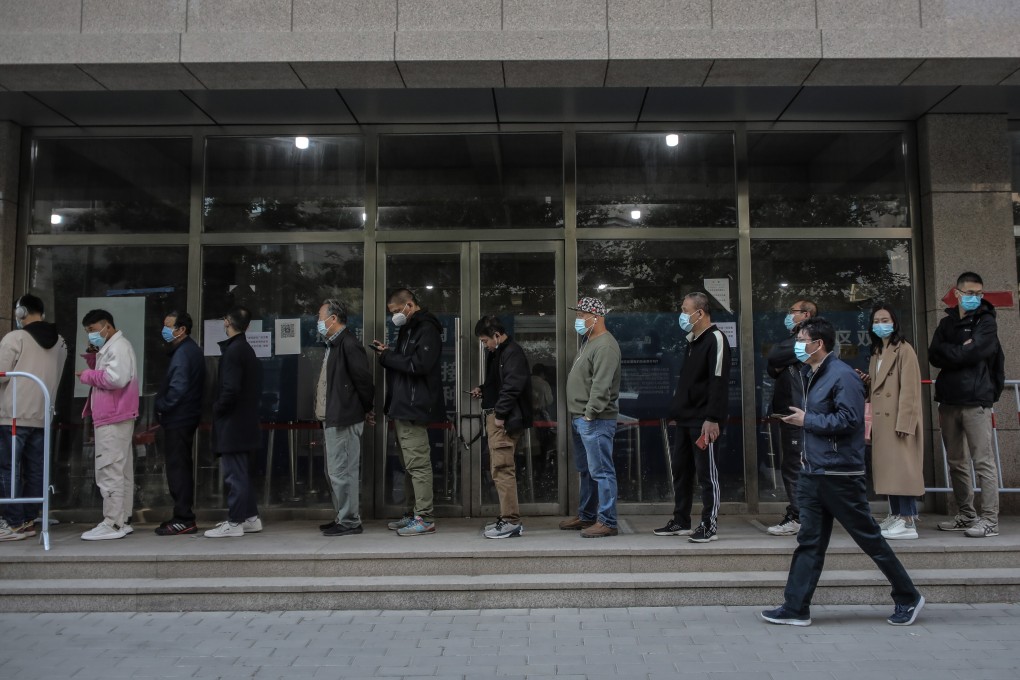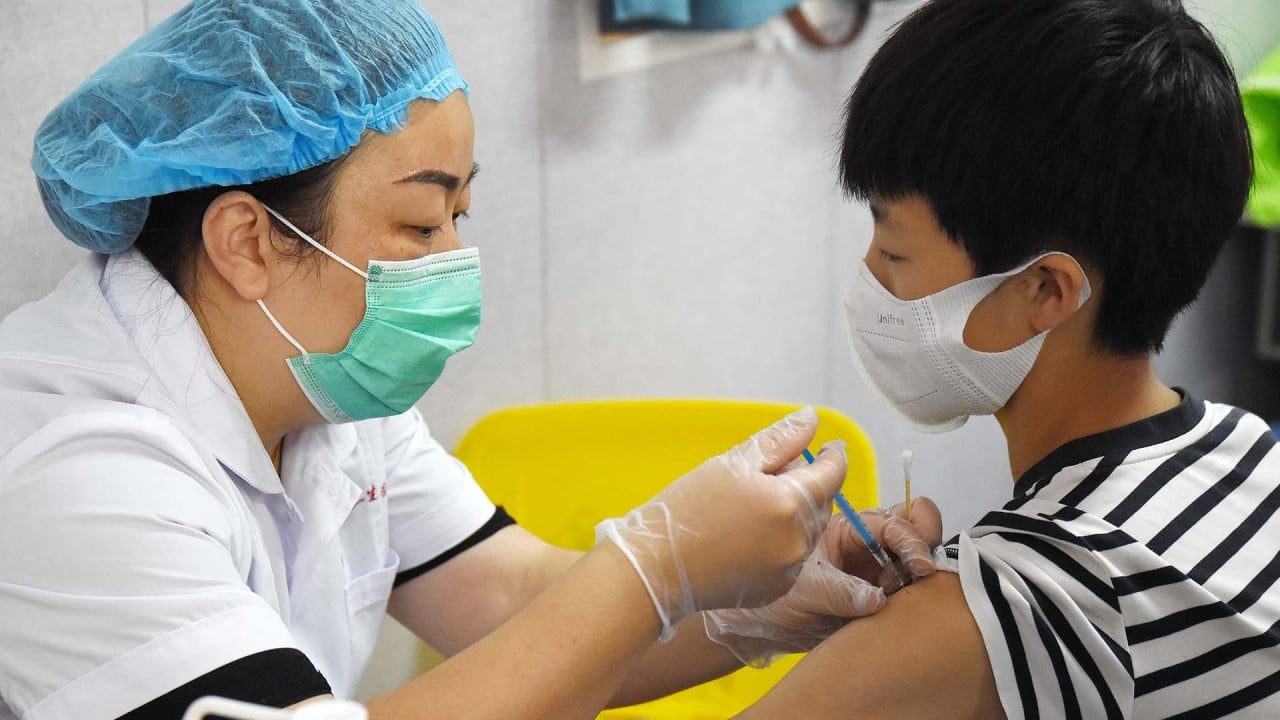Advertisement
Why China’s Covid-19 anti-vaxxers are happy to take their chances
- The country’s inoculation campaign has reached most of its population, but some are adamant they will not take part
- Some are sceptical about safety and efficacy, while others see no pressing need to get jabs
Reading Time:3 minutes
Why you can trust SCMP
28

Jessica Xu does not plan to take a Covid-19 vaccine and has advised her parents not to either, because she still has doubts about them.
“It took about a year to develop the Covid-19 vaccines, when usually it takes years, and people have been taking them for less than a year,” said 40-year-old Xu, a travel agent in Beijing who specialises in overseas medical trips. “I feel I need more time and evidence to show the vaccines are safe and effective for me to take it.”
After an initially unenthusiastic public response to the availability of jabs in China, the country’s vaccine roll-out gathered pace significantly over the summer amid a major push from the authorities, increased production capacity and the urgency added by a handful of fresh outbreaks. As of Sunday, more than 75 per cent of the population were fully inoculated, according to official data.

01:45
China administers nearly 2 billion Covid-19 vaccine doses as Delta variant appears under control
China administers nearly 2 billion Covid-19 vaccine doses as Delta variant appears under control
But the uptake has slowed from 24 million doses a day at its peak to less than 2 million. As booster shots are given to those who were inoculated at least six months previously, some vaccine doubters remain determined not to take the jabs at all.
Last month, Zheng Zhongwei, an official at the National Health Commission (NHC), said it was “increasingly difficult” to advance the mass vaccination drive.
Covid-19 vaccination in China is voluntary in theory, although public servants, employees of state-owned enterprises and those at high risk of being exposed to the coronavirus, such as those working in hospitals or airports, are pressured to get it done.
Some cities tried to persuade residents by banning unvaccinated people from entering public places such as supermarkets and subways, but that was halted by the NHC.
Advertisement